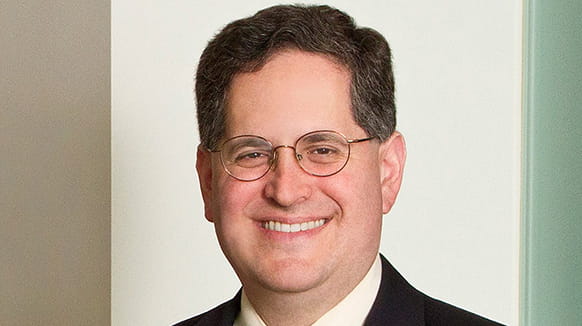View the PDF version of the July 2021 IP Beacon.
Jason Bloom, Annie Allison and Abbey Gauger in Law360: ‘Texas Ruling Shows Weight of State Immunity in IP Claims’
On June 18, the Texas Supreme Court held that a governmental unit's copyright infringement does not qualify as a constitutional taking in the matter of Jim Olive Photography, dba Photolive Inc. v. University of Houston System.
However, the most remarkable aspect of the decision was not the resolution of the takings claim, but rather the fact that the state Supreme Court considered a copyright infringement case at all, when the law is clear that federal courts have exclusive jurisdiction in the area.
This article examines the unusual circumstances that led to a state court ruling on what was indisputably a copyright infringement case.
Eugene Goryunov, David McCombs, Clint Wilkins and Kristina Smith in The Patent Lawyer: ‘The U.S. Patent Office’s Guidance on Indefiniteness in AIA Post-Grant Proceedings’
On January 6, 2021, the U.S. Patent and Trademark Office (USPTO) issued a memorandum entitled “Approach to Indefiniteness Under 35 U.S.C. § 112 in AIA Post-Grant Proceedings.” The memorandum sets forth binding guidance outlining the USPTO’s approach to analyzing claims for indefiniteness in all America Invents Act (AIA) post-grant review proceedings: inter partes review (IPR), post grant review (PGR), and covered business method review (CBMR).
Benjamin Pelletier in BioProcess Online: ‘Patenting Antibodies: The 4 Tactics to use in 2021’
In my first article, I reviewed the nuts and bolts of antibody epitope claims and summarized the evolution of the Federal Circuit’s current position on their validity under the written description and enablement requirements of 35 U.S.C. § 112. In this article, I provide some useful approaches that you and your antibody patent lawyer (here we call patent lawyers “practitioners”) can implement in order to improve your chances of obtaining valid antibody claims with functional attributes.
Joseph Matal in Westlaw Today: 'Jury Trials Are Not an Adequate Substitute for Patent Validity Review at the PTAB'
Joseph Matal, Haynes Boone partner and former acting director of the U.S. Patent and Trademark Office, explains why the Patent Trial and Appeal Board's "discretionary denial" policies can be problematic.
The March 2 $2.2 billion patent infringement verdict in West Texas puts to rest any notion that American industry can simply learn to live with the USPTO's new policy of applying "discretion" to deny validity review of issued patents.
The patents in VLSI Technology LLC v. Intel Corp. should have been reviewed by the technical experts at the Patent Trial and Appeal Board, and if they had been, their claims almost certainly would have been cancelled.
